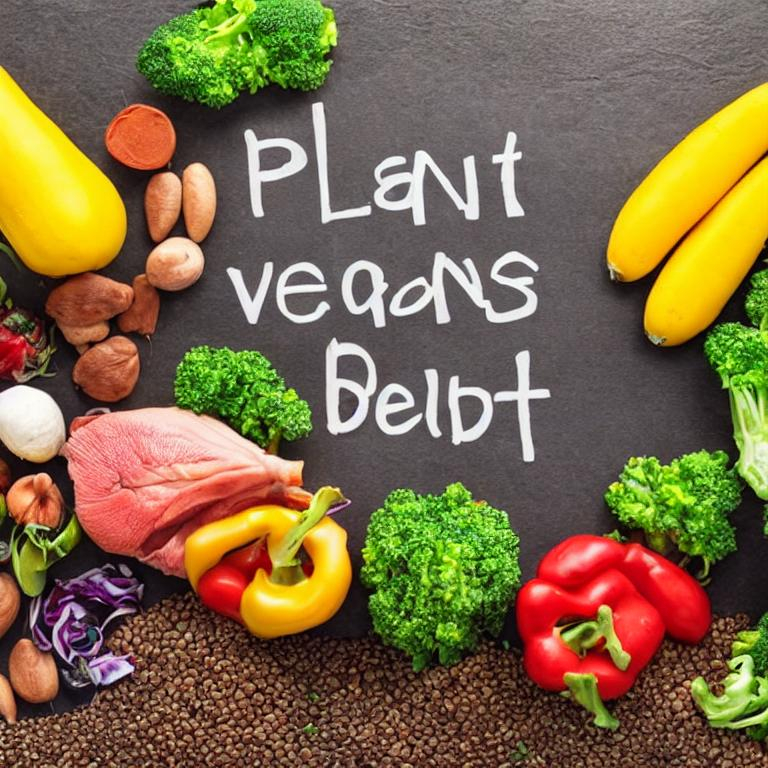A plant-based diet is a lifestyle that involves eating mainly fruits, vegetables, grains, legumes, nuts, and seeds while avoiding or minimizing animal products such as meat, dairy, and eggs. Plant-based eating has become increasingly popular in recent years, and for good reason.
Improved Health
One of the most significant benefits of a plant-based diet is improved health. Research has shown that eating a diet rich in fruits, vegetables, whole grains, and plant-based proteins can help reduce the risk of chronic diseases such as heart disease, type 2 diabetes, and certain types of cancer.
Plant-based foods are also rich in vitamins, minerals, and antioxidants that can help boost the immune system and promote overall health and well-being. For example, leafy green vegetables are high in vitamin K, which plays a crucial role in blood clotting and bone health, while citrus fruits are a rich source of vitamin C, which is important for immune function and skin health.
Reduced Environmental Impact
A plant-based diet can also have a positive impact on the environment. Animal agriculture is a significant contributor to greenhouse gas emissions, deforestation, and water pollution. By reducing the demand for animal products and choosing plant-based alternatives, individuals can help reduce their carbon footprint and preserve natural resources.
Taste and Variety
Contrary to popular belief, a plant-based diet can be both delicious and varied. With the wide variety of fruits, vegetables, grains, and legumes available, there are endless possibilities for creating satisfying and flavorful meals. Plant-based eating also encourages individuals to try new foods and experiment with different flavors and cooking techniques.
Transitioning to a Plant-Based Diet
Transitioning to a plant-based diet can seem daunting at first, but it doesn’t have to be. Here are some tips to help you get started:
- Start slow: Begin by incorporating more plant-based meals into your diet and gradually reducing the amount of animal products you consume.
- Experiment with new foods: Try new fruits, vegetables, and plant-based proteins to keep your meals interesting and flavorful.
- Plan ahead: Plan your meals and snacks in advance to ensure you have plenty of healthy plant-based options on hand.
- Focus on nutrient density: Choose foods that are nutrient-dense and provide a variety of vitamins, minerals, and antioxidants.
- Seek support: Join a plant-based eating community or enlist the support of friends and family members who share your goals.
In conclusion, a plant-based diet can provide numerous benefits for both your health and the environment. By incorporating more plant-based meals into your diet and gradually reducing your consumption of animal products, you can improve your health, reduce your environmental impact, and enjoy a delicious and varied diet.







Leave a Reply